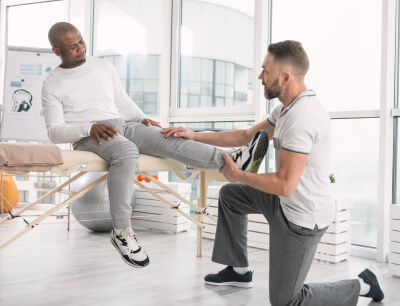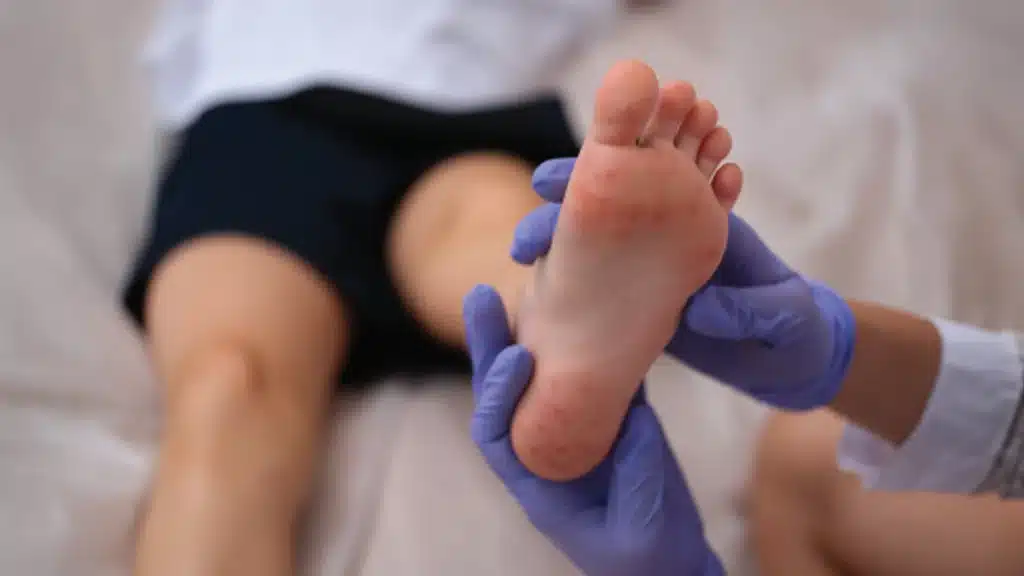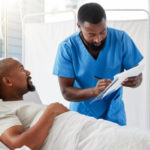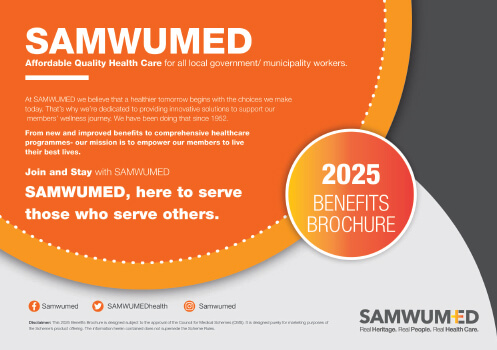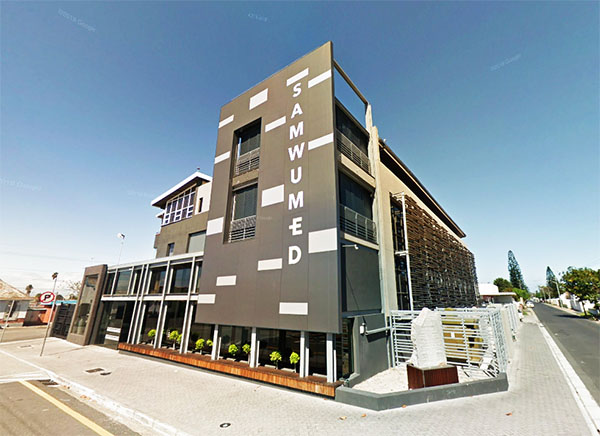According to South African Medical Journal, stroke is among the top 10 leading causes of disability in SA, and accounts for 25 000 deaths annually and 95 000 years lived with disability (YLD). An ischemic stroke occurs when the blood supply to part of the brain is interrupted or reduced, preventing brain tissue from getting oxygen and nutrients. Brain cells begin to die in minutes. A stroke is a medical emergency, and prompt treatment is crucial. Early action can reduce brain damage and other complications.
Signs and symptoms of stroke include:
- Trouble speaking and understanding what others are saying. You may experience confusion, slur words or have difficulty understanding speech.
- Paralysis or numbness of the face, arm or leg. You may develop sudden numbness, weakness or paralysis in the face, arm or leg. This often affects just one side of the body. Try to raise both your arms over your head at the same time. If one arm begins to fall, you may be having a stroke. Also, one side of your mouth may droop when you try to smile.
- Problems seeing in one or both eyes. You may suddenly have blurred or blackened vision in one or both eyes, or you may see double.
- A sudden, severe headache, which may be accompanied by vomiting, dizziness or altered consciousness, may indicate that you’re having a stroke.
- Trouble walking. You may stumble or lose your balance. You may also have sudden dizziness or a loss of coordination.
Recovering from stroke: stroke rehabilitation
Rehabilitation after a stroke begins in the hospital, often within a day or 2 after the stroke. Rehab helps ease the transition from hospital to home and can help prevent another stroke. Recovery time after a stroke is different for everyone—it can take weeks, months, or even years. Some people recover fully, but others have long-term or lifelong disabilities.
https://www.mayoclinic.org/diseases-conditions/stroke/symptoms-causes/syc-20350113
